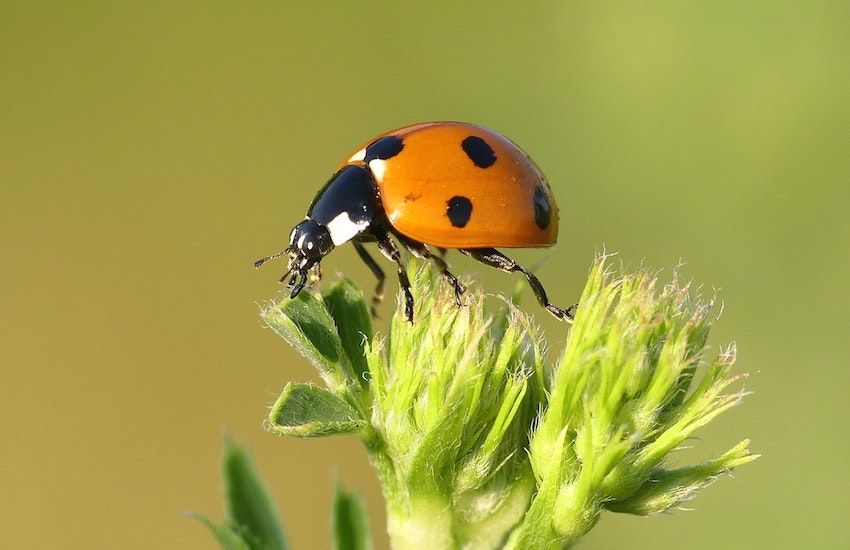
From bees to beetles to butterflies, insects help keep our gardens healthy. But with bees and other pollinators in decline, it’s more important than ever to optimise our green spaces to support our local wildlife.
Help make a difference with these four easy tips for turning your garden into an insect haven..
- Let your garden run wild
One of the simplest ways to help wildlife is to put away the lawn mower and let your garden run wild.
The charity Plantlife suggests cutting your lawn once a month and leaving areas of longer unmown grass to flourish. This will add more diversity to your garden and provide a feast of nectar for bees and other pollinators.
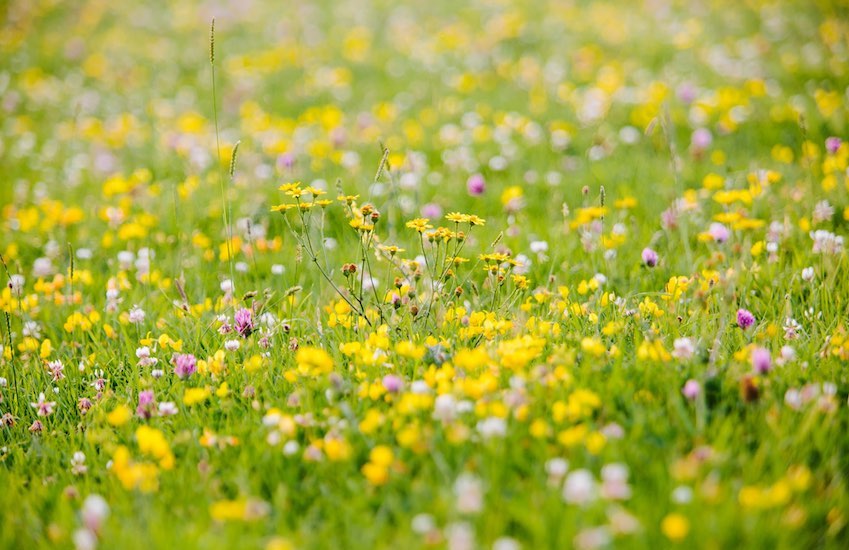
The areas of longer grass will support a greater range of wildflower species, which compliments the narrower range found in short-grass areas.
2. Plant for pollinators (and avoid using pesticides)
Go one step further and fill your garden with plants that are perfect for pollinators. Make sure you grow a range of species so there is something flowering every month.
You’ll find a list of insect-friendly plants on the Royal Horticultural Society website, from late-flowering asters that attract hoverflies to the classic summer buddleia – a firm favourite for butterflies.
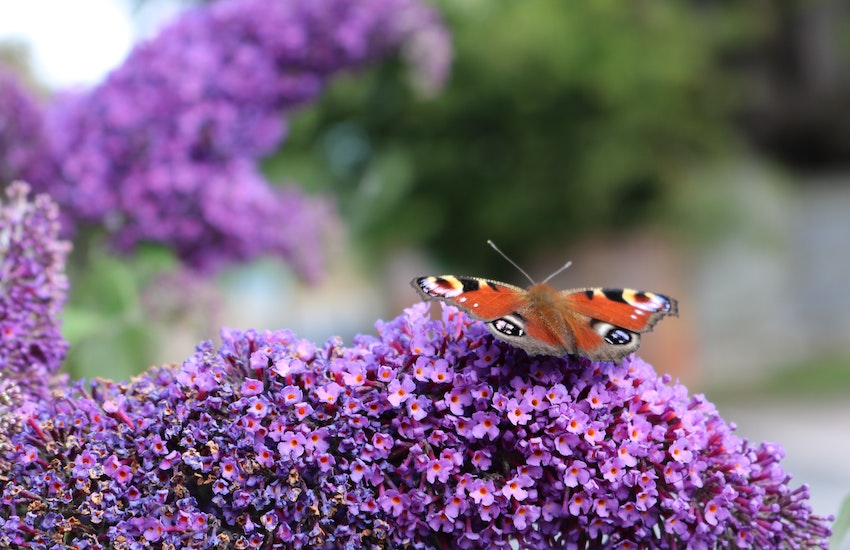
Avoid using pesticides wherever possible, and never spray on plants in bloom.
3. Create a bee watering station
Once you’ve attracted pollinators to your garden, give them an extra helping held by providing a water source to drink from.
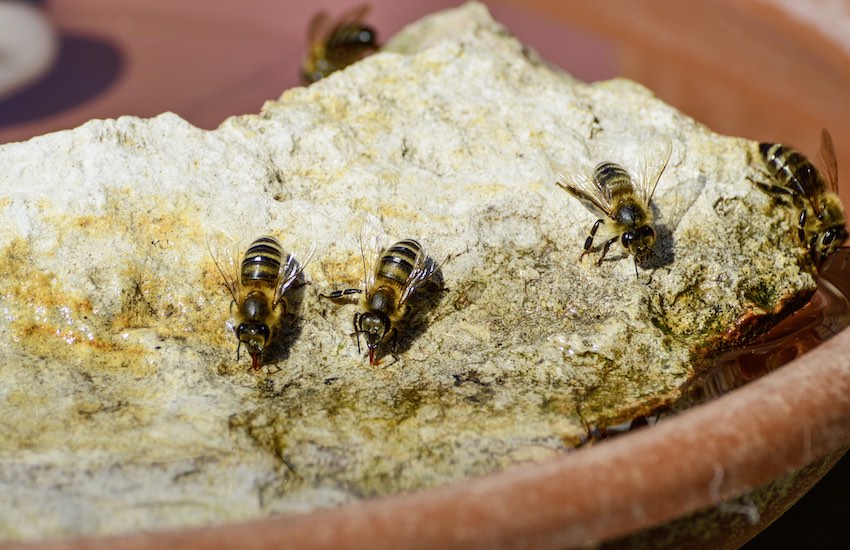
Fill a shallow dish (such as a plant pot saucer) with pebbles and fill the dish so it is half full with water. This video from The Royal Parks shows you how.
4. Build a bug hotel
Lastly, provide a safe hideaway for insects to stay by building a ‘bug hotel’ or ‘minibeast mansion’.
Find an old brick or wooden box and fill it with twigs, pine cones, and any other natural materials to create crevices for insects to burrow.
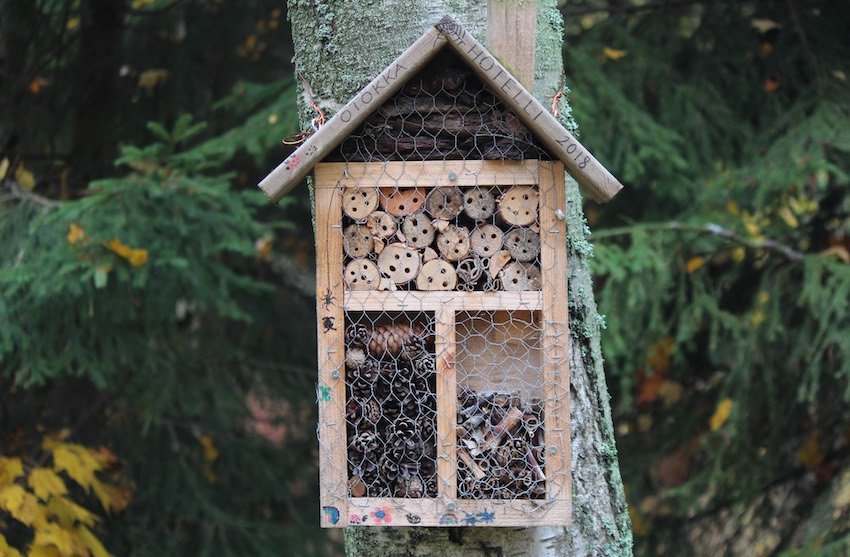
The RSPB provides detailed instructions on how to build one, and the Jersey Biodiversity Centre often run local workshops (including building bee hotels) to help the Island’s pollinators.




